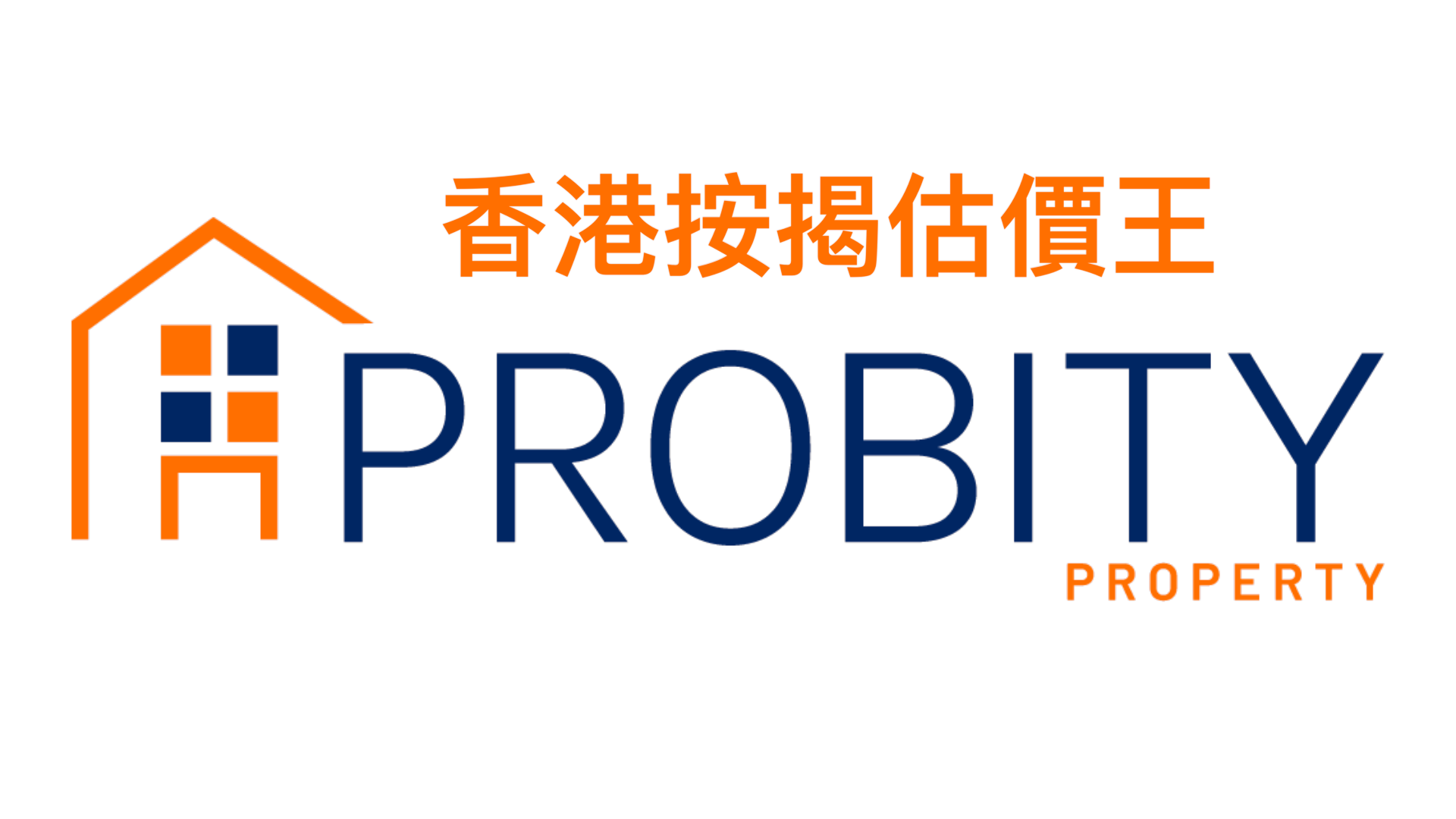Stricter Approval for Mortgage Insurance, More Prudent Loan Calculation Required

Stricter Approval for Mortgage Insurance, More Prudent Loan Calculation Required
How do Guarantors and Stress Tests Affect Loan Applications?
Today we delve into the issue of stricter approval for mortgage insurance. For those looking to purchase a home, this is an important matter as it is necessary to understand the approval standards and requirements of banks and mortgage security companies, as well as the impact of guarantors and stress tests on loan applications.
Firstly, if you require both mortgage insurance and a guarantor, banks and mortgage security companies will further tighten their requirements for the debt-to-income ratio. This means that loan amounts need to be calculated more prudently to avoid exceeding your repayment ability.
Especially if the guarantor already has a mortgage loan, once an additional loan is applied for through mortgage insurance, which is more than 20% of the original loan, banks and mortgage security companies will further tighten their requirements for the debt-to-income ratio. This means that the ratio needs to be lowered by an additional 5%.
For example, if a couple owns an old property and purchases a new one through the wife's name, with the husband as the guarantor, the calculation method is the total repayment amount for the two properties cannot exceed 35% of their total income. After a 3% interest rate hike, it cannot exceed 45% of their income. Therefore, it is important to pay attention to loan amounts and the debt-to-income ratio to ensure sufficient repayment ability.
Secondly, if you have become guarantor for friend A, buying a property becomes much more difficult. This is because friend A's monthly repayment amount needs to be included in your repayment amount for stress testing. If you plan to buy a property with a monthly repayment of $20,000, friend A's repayment amount needs to be included, which means the bank will assume that your monthly repayment is $35,000 when calculating stress tests and debt-to-income ratios. In addition, if friend A delays repayment, the guarantor may be affected in the TU credit report, which makes it harder to apply for loans in the future. If you want to unilaterally relinquish your guarantor role, you also need the bank's approval and need to review friend A's ability to independently handle the loan.
If you are a guarantor for a family member's property purchase, you need to provide the bank with the family member's loan letter, which proves that you are only a guarantor and will only appear in the Mortgage Count of the credit report, without specifying your role.
In addition, although the guarantor and the borrower have similar roles, the order of pursuit is different. When the mortgage loan is in default, the bank will first pursue the borrower and only then turn to the guarantor. In addition, relinquishing guarantor responsibility does not require a new mortgage deed, only bank approval is needed. Conversely, if one party wants to withdraw from the borrower role, in addition to bank approval, a new mortgage deed needs to be produced, incurring additional costs and procedures.
Lastly, we want to remind everyone that becoming a guarantor or borrower does not incur stamp duty. According to the tax bureau's explanation, the basis for assessing stamp duty is the property deed, not the bank's lending arrangement. If you are only a guarantor or borrower and are not named in the property deed, stamp duty does not apply.
We hope this article helps you better understand the issues of mortgage insurance and guarantors, as well as the calculation methods for loan amounts and debt-to-income ratios. Remember to carefully read relevant documents and terms before applying for a loan and consult with professionals to ensure that you make wise decisions.


